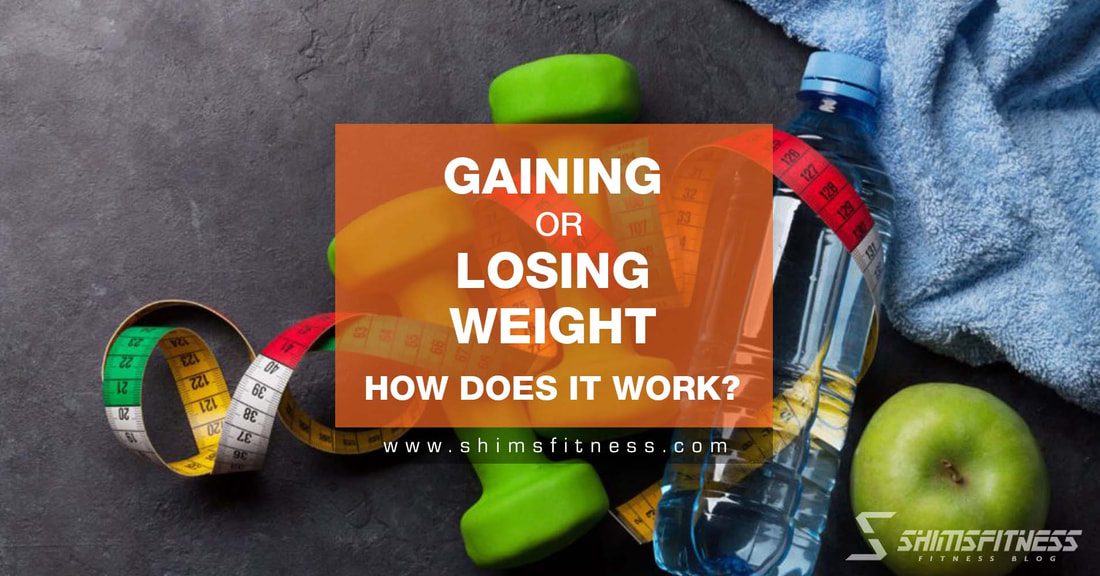Gaining Or Losing Weight? How Does It Work?
|
1/1/2018
Written By: Ryan Chan |
|
Want to gain weight to get out of the skinny club or lose weight to look slimmer but don't know how to? First, you have to understand the energy system of the body that governs gaining or losing weight, in short, weight management – Calorie Input vs Calorie Output.
In order to achieve lose weight, you have to consume fewer calories than you burn, otherwise known as Calorie Deficit. To put it into context, if you requires 3000 calories to fuel your daily activities and body functions, but is only consuming 2500 calories, the deficit of 500 calories will then be drawn out from your body’s resources (fats, carbohydrates, protein) to supplement the lack of energy. This results in weight loss.
On the other hand, gaining weight happens when you consume more calories than you burn, otherwise known as Calorie Surplus. Using similar example, if you require 3000 calories to fuel your daily activities and body functions, but is consuming 3500 calories, the addition 500 calories will then be stored in your body as fats or resources for growth depending on the type of activities that you are engaged in. This results in weight gain.
Nothing escapes this fundamental system when it comes to weight management. There is no “best dieting method or best food for weight loss/gain”. Even the common misconception such as consuming carbohydrate makes you fat, is false. You can discard all your rice and bread which are carbs, but if you are still consuming more calories than you need, you will gain weight.
It all boils down to Caloric Input vs Caloric Output.
In order to achieve lose weight, you have to consume fewer calories than you burn, otherwise known as Calorie Deficit. To put it into context, if you requires 3000 calories to fuel your daily activities and body functions, but is only consuming 2500 calories, the deficit of 500 calories will then be drawn out from your body’s resources (fats, carbohydrates, protein) to supplement the lack of energy. This results in weight loss.
On the other hand, gaining weight happens when you consume more calories than you burn, otherwise known as Calorie Surplus. Using similar example, if you require 3000 calories to fuel your daily activities and body functions, but is consuming 3500 calories, the addition 500 calories will then be stored in your body as fats or resources for growth depending on the type of activities that you are engaged in. This results in weight gain.
Nothing escapes this fundamental system when it comes to weight management. There is no “best dieting method or best food for weight loss/gain”. Even the common misconception such as consuming carbohydrate makes you fat, is false. You can discard all your rice and bread which are carbs, but if you are still consuming more calories than you need, you will gain weight.
It all boils down to Caloric Input vs Caloric Output.
Articles You Might Be Interested






